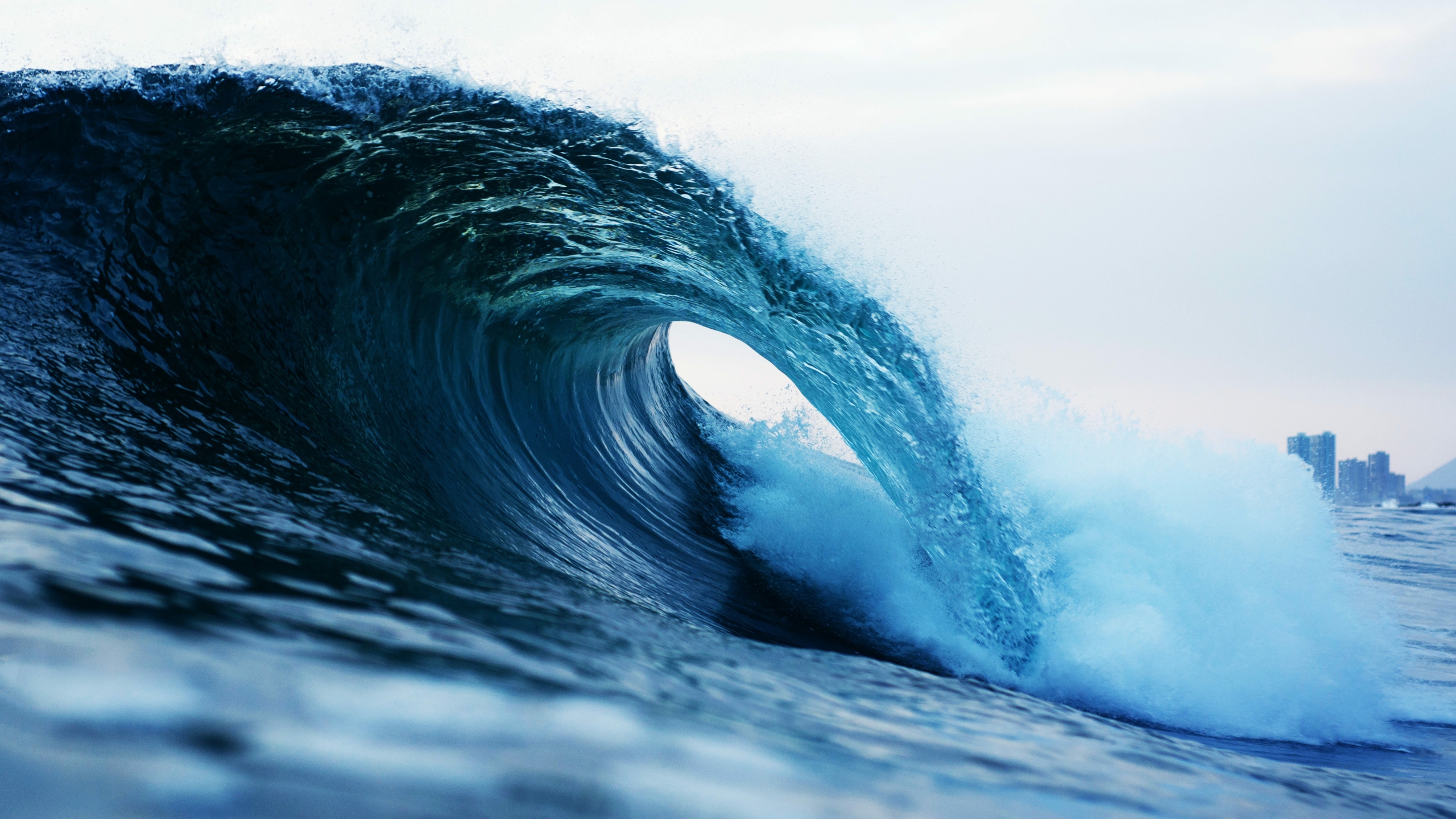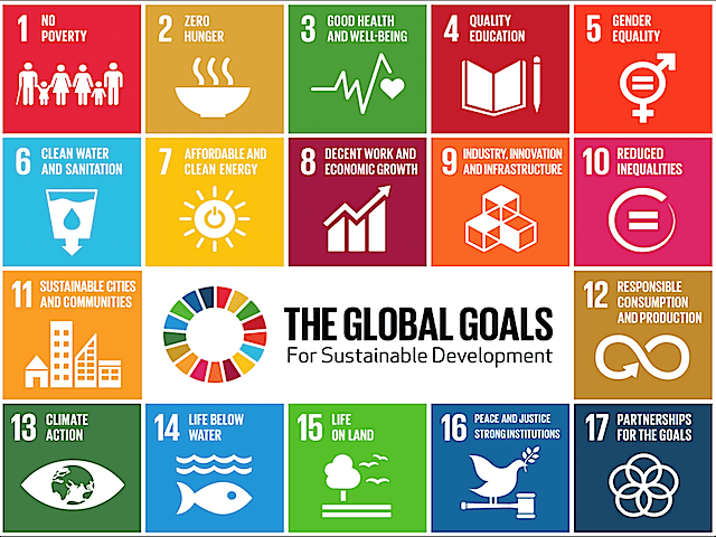
ESG and Sustainability
At its board meeting, held on 8 October 2020, the Board of The Swedish Club voted to continue to support an Environmental, Social and Governance (ESG) framework policy.
This policy identifies the Club’s responsibilities and commits it to develop a series of practical measures to guide and support both employees and members in creating a truly sustainable organisation fit for the future.
The Club has adopted four of the United Nation’s Global Goals for Sustainable Development, providing a clear direction for the Club’s future ESG efforts.

The Goals are:
- UN Goal 3: Good health and well-being.
The Club will promote health and safety in work life, on-shore and off-shore. - UN Goal 12: Responsible consumption and production.
The Club will promote the responsible consumption of water, energy, and food. - UN Goal 14: Life below water.
The Club will work to safeguard life below water through active loss prevention and relevant insurance solutions for its members. - UN Goal 16: Peace, justice, and strong institutions.
The Club promotes the rule of law and works against the use of bribes and other illegal measures.
Also, the Club has agreed to follow the United Nation’s Principles for Sustainable Insurance roadmap. It has confirmed the following intentions:
- To embed environmental, social and governance issues relevant to its insurance business in its decision-making.
- To work together with its clients and business partners to raise awareness of environmental, social and governance issues, manage risk and develop solutions.
- To work together with governments, regulators, and other key stakeholders to promote widespread action across society and environmental, social and governance issues.
- To demonstrate accountability and transparency in regularly disclosing its progress in implementing the principles publicly.
These commitments are formal steps in what will be a long-term process of constant review and re-evaluation.
Environment and Social Relationships
In our day-to-day work, we make significant efforts to safeguard environmental interests. Within the auspices of our Loss Prevention activities, we regularly issue publications and hold workshops on avoiding marine casualties, reducing marine risks, and generally considering the environmental impact, e.g., fuel consumption.
We also participate in a comprehensive risk-mitigating training programme through The Swedish Club Academy. The Maritime Resource Management (MRM) programme was developed, for our members, to establish safe and sound attitudes and behaviours within organisations. The Club subsides its members’ cost for this training, conducted through 100 facilities in 35 countries.
Social Responsibility …
… is a central feature in the Club’s operations. An ethical code of conduct is discussed with and signed by all employees, and the application of the ethical guidelines is regularly followed up.
The Club serves as a unique platform for creating a community and building relationships beyond political and geographical boundaries. The Club’s membership stretches from local bunker barge operators to the world’s largest state-owned shipowners.
Personnel and Human Rights
According to the Club’s written policy on equal treatment, the Club shall safeguard equal employment possibilities, education, promotion and development in the work role.
Sound business behaviour and compliance with internal and external regulations are ultimately on the individual employee’s acts. This includes safeguarding the values mentioned in The Swedish Club’s sustainability report:
Combatting Corruption
The Club has zero tolerance towards corruption and bribes. The Club applies the UK Bribery Act as a benchmark for its employee policy. As to corruption, we use a market-leading tool provided by World-Check whereby all the Club’s members and insured vessels are screened once a month. The screening includes global sanctions lists, global enforcement and warning lists, global politically exposed (PEP) lists and global state-owned entity lists (SOE). The purpose of the screening is to avoid the Club doing business with inappropriate companies or individuals.